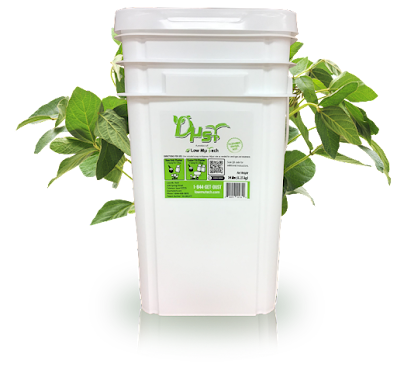How Are Biological Treatment Products Shaping Sustainable Agriculture?
Sustainable agriculture is no longer a mere buzzword but a necessity today. With increasing concerns about environmental impact, soil health, and the need to feed a growing global population, farmers are turning to innovative solutions. One such solution is using biological treatment products in the United States, which are revolutionizing agriculture by promoting sustainability. In this blog, we will explore how these products are reshaping the way we farm and why they are essential for the future of agriculture.
What Are Biological Treatment Products?
Biological treatment products, often called biopesticides, biostimulants, or biofertilizers, are formulations containing living microorganisms, enzymes, or natural compounds derived from organisms. Unlike conventional chemical treatments, biological products harness the power of nature to enhance plant growth, protect crops, and improve soil health.
1) Enhancing Soil Health
Healthy soil is the foundation of sustainable agriculture. Biological treatment products introduce beneficial microorganisms such as mycorrhizal fungi and nitrogen-fixing bacteria into the soil. These microorganisms form symbiotic relationships with plants, increasing nutrient uptake, improving soil structure, and enhancing its overall health. This results in reduced soil erosion and greater water retention capacity.
2) Pest and Disease Management
Biological treatment products are used to combat pests and diseases while minimizing harm to the environment. Beneficial insects, nematodes, and microorganisms are employed to control harmful pests, reducing the need for chemical pesticides. This approach protects the ecosystem and reduces the risk of pesticide residues on food crops.
3) Boosting Crop YieldBiological treatment products in the United States play a significant role in increasing crop yields. They promote plant growth by producing natural growth hormones, breaking organic matter into nutrients, and enhancing root development. Improved nutrient absorption and root structure lead to healthier and more productive plants.
4) Reducing Chemical Dependency
One of the most significant advantages of biological treatment products is their ability to reduce the reliance on synthetic chemicals. As farmers adopt these sustainable alternatives, they decrease the use of chemical fertilizers and pesticides, minimizing their environmental footprint.
5) Sustainable Crop Rotation
Biological treatments support crop rotation practices by improving soil health. Farmers can cultivate a wider variety of crops, reducing soil depletion and increasing farm biodiversity. This approach helps prevent the buildup of pests and diseases associated with monoculture farming.
Conclusion


.png)
Comments
Post a Comment